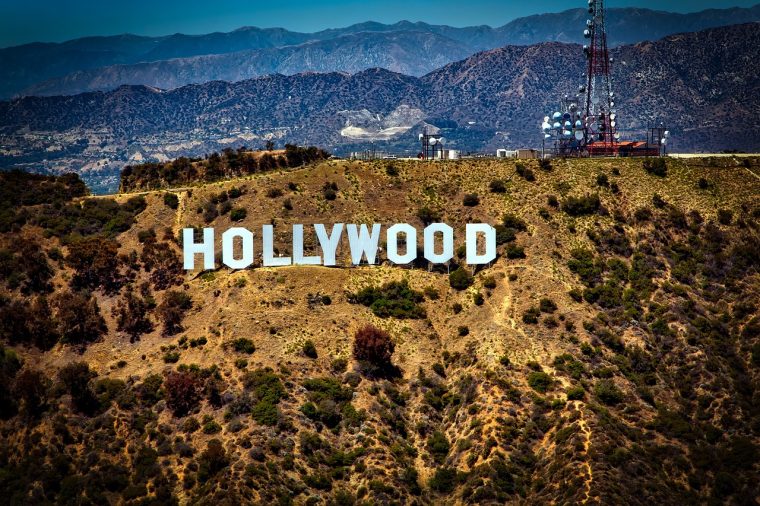
While the Hollywood writers strike continues, directors have reached a tentative agreement with the Alliance of Motion Picture & Television Producers (AMPTP) to form a new labor contract.
Late Saturday night, the Directors Guild of America (DGA) inked a new three-year deal with the AMPTP that includes increased wages and benefits for directors, a 76% boost in residuals from international streaming, and protections against the use of generative artificial intelligence (AI) to replace DGA members.
The deal also guaranteed a one-hour reduction in the assistant director’s work hours and better safety measures, including safety supervisors, expanded safety training programs, and a ban on live ammunition on set.
Directors Guild / Hollywood studios tentative deal – a sign of things to come.
Note the wording is not “use” but “replace” – AI can (and often will) be used but – ideally of course used by the person in the role.
Probably studios’ goal also re Writers Guild strike. pic.twitter.com/Yc5V58eWfV
— Roope Rainisto (@rainisto) June 4, 2023
Jon Avnet, the DGA negotiation chair, called the deal “truly historic.” He added:
“This deal would not have been possible without the unity of the DGA membership, and we are grateful for the strong support of union members across the industry.”
Director’s Guild Reach a Deal as the WGA Strike Continues
The deal comes as the Writers Guild of America (WGA) strike has entered its second month.
The WGA strike centers on a number of issues, including the use of AI tools that could put creative jobs at risk.
The union has proposed regulations that AI cannot write or rewrite literary materials for projects covered by its Minimum Basic Agreement (MBA), nor can generative AI be used to train on MBA-covered material.
The AMPTP has rejected this proposal, which has caused a significant sticking point in negotiations.
Other key demands of the WGA include increased pay, greater residuals for shows with significant viewership, and a more reliable compensation structure across various stages of film and TV projects.
Thread: Today marks one month of striking, and I’m still in awe of the great work everyone’s doing. Here’s a little visual retrospective of the strike so far.
This shot is still one of my favorites, and it’s from Day 1 at WB. Scabs may not pass.#WGAStrong #WGAStrike pic.twitter.com/2GOElqaweN
— J.W. Hendricks (@JW_Hendricks) June 2, 2023
Can AI Chatbots Replace Human Creativity?
Popular AI technologies, such as ChatGPT, are currently freely available for public use. This has opened up a plethora of opportunities previously thought of beyond the realm of the possibility of AI but also concerns around how it could impact jobs.
Back in April, China-based marketing agency BlueFocus announced that it will be replacing third-party copywriters and designers with ChatGPT-like AI tools.
While marketing agencies can use AI chatbots to generate a variety of creative content such as slogans, taglines, captions, and product descriptions for different clients, there are concerns about the impact of this technology on the creative industry.
Copywriting and design are professions that require creativity and emotion, which are perceived to be uniquely human.
Furthermore, the idea that a chatbot can generate creative content that is tailored to different brand identities and styles is yet to be proven right.
As reported, media giant BuzzFeed, which has started publishing SEO-driven AI-generated articles, saw massive criticism online after readers noted that the articles had very low standards.
More specifically, almost all articles have a similar writing style and use some common phrases. They often include “now, I know what you’re thinking” ahead of a rhetorical question about that specific place. The articles also frequently use the phrase “hidden gem.”
Read More:
- 13 Best AI Essay Writing Tools for 2023
- 15 Best AI Copywriting Tools for 2023
- 11 Best AI Text Generators in 2023
What's the Best Crypto to Buy Now?
- B2C Listed the Top Rated Cryptocurrencies for 2023
- Get Early Access to Presales & Private Sales
- KYC Verified & Audited, Public Teams
- Most Voted for Tokens on CoinSniper
- Upcoming Listings on Exchanges, NFT Drops